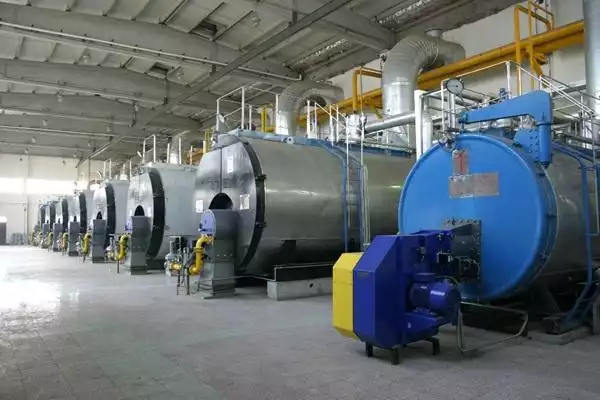
Fangkuai Boiler Introduces New Biomass Boilers >
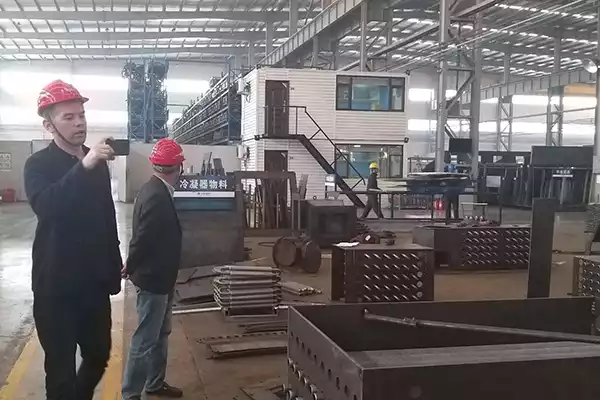
FangKuai Boiler Company: Leading the Way in Energy-efficient Boiler Manufacturing >
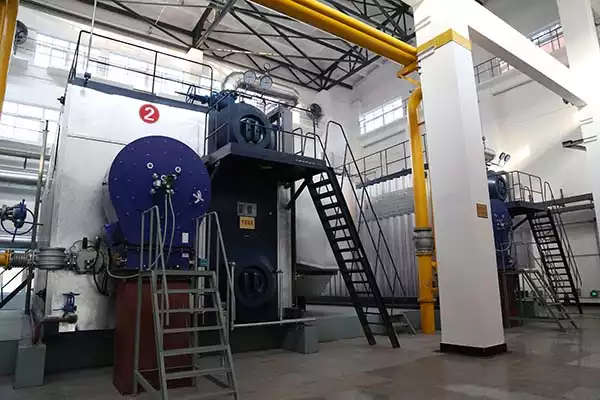
FangKuai Boiler Continues to Lead the Way in Energy-efficient Boiler Manufacturing >
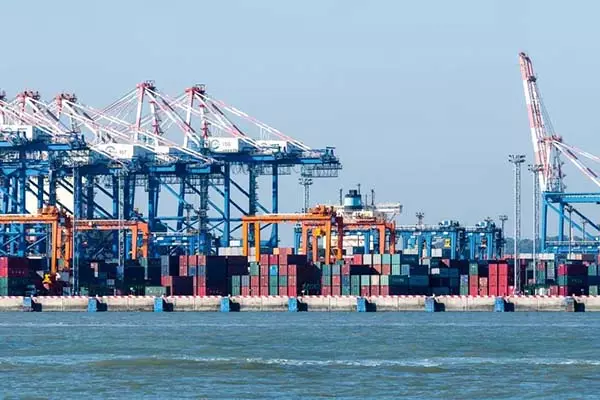
Fangkuai Boilers: A Stable Development in the Overseas Market >
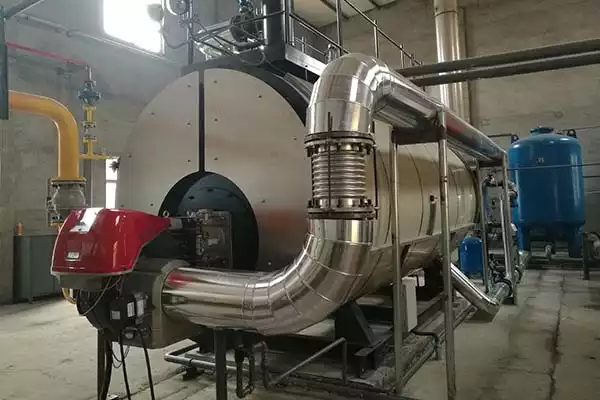
Boost Brewing Efficiency with Fangkuai Gas Boilers & Condensing Water Recovery >
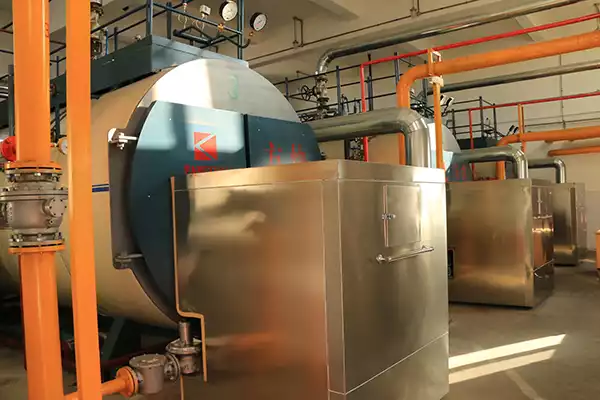
Empowering the Textile Industry in Bangladesh with Fangkuai Dual Fuel Boilers >
.jpg)
Discover the key factors affecting industrial electric steam boiler price, 包括容量, 压力, 和能源效率. Get expert insights to make an informed purchase decision.

Learn the key factors that affect heater boiler replacement costs, including boiler type, 尺寸, 安装复杂性, 和能源效率. This guide helps you make an informed decision and plan your budget effectively for a cost-efficient replacement.

A fire tube steam boiler is a type of boiler in which hot gases pass from a fire through one or many more tubes running through a sealed container of water. 通过热传导将气体的热量通过管的壁传递, 加热水并最终产生蒸汽. 这种类型的锅炉在各个行业中广泛用于供暖和发电.

Installing a heating boiler is a significant investment that directly impacts your home's comfort, 能源效率, 和长期节省. Whether you're upgrading an old system or installing a brand-new boiler, 了解成本因素, 安装过程, 省钱的方法至关重要.
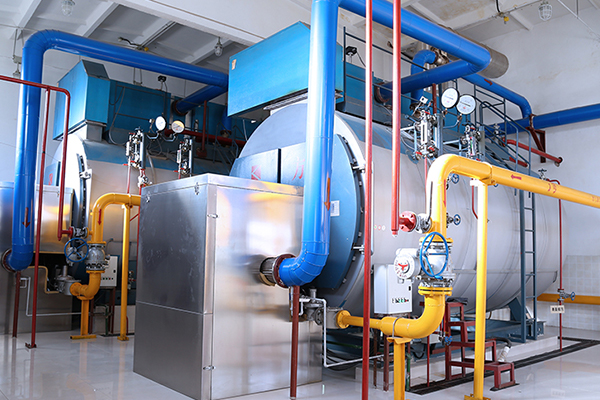
This guide provides a professional overview of steam boilers, covering their types, 工作原理, and efficiency to help you make informed decisions.
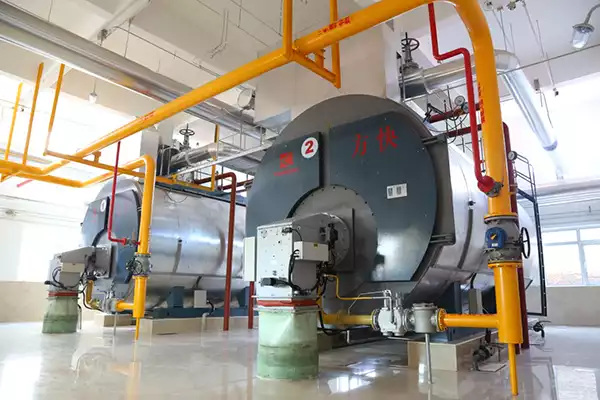
现在, we have provided one-stop solutions for manufacturing, 安装, commissioning, and operation for 200+ industries.
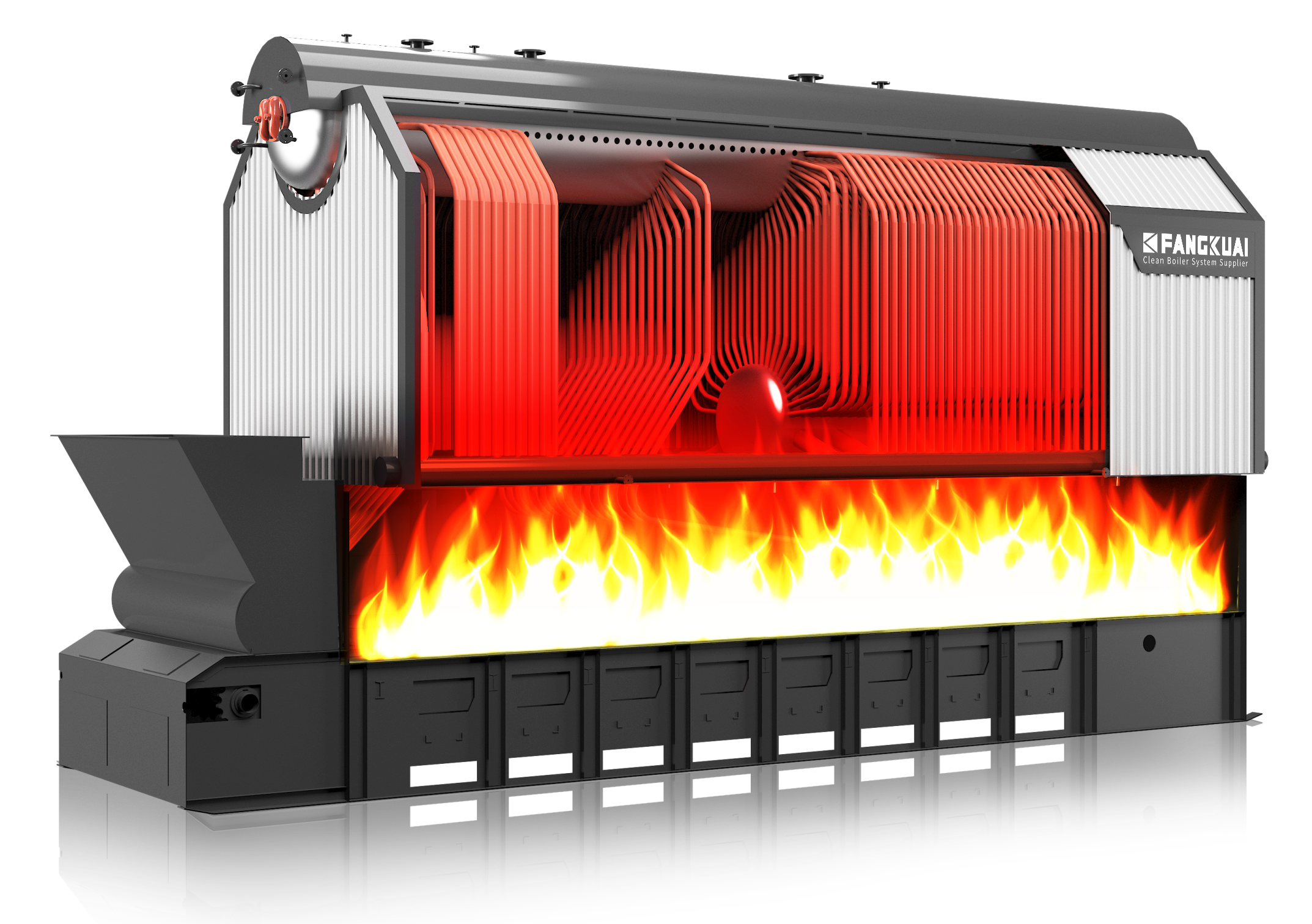
In today’s industrial and commercial sectors, reducing energy consumption and cutting down carbon emissions have become crucial goals for enhancing operational efficiency. 生物质锅炉, as an efficient and environmentally-friendly energy solution, are gaining increasing popularity among business owners and building managers.
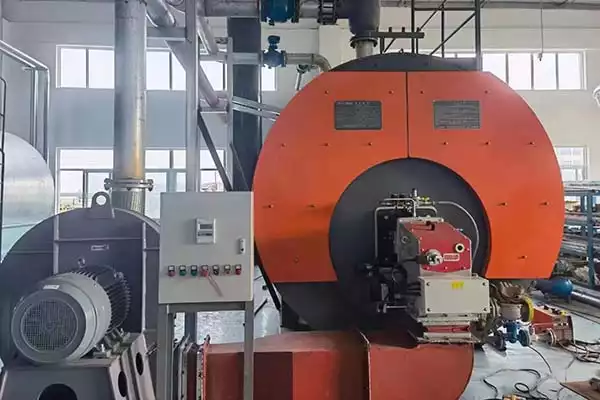
最近几年, the biomass boiler types that are relatively mature and have more application performance are water-cooled vibrating grate furnaces, 循环流化床和少量组合炉排锅炉. 分析比较了几种锅炉类型的特点以及水分的影响, 生物质燃料成分中的灰分和杂质对生物质锅炉选型的影响.
如何向蒸汽锅炉加水?
Learn the essential steps and techniques for adding water to a steam boiler. Discover the significance, safety measures, different methods, and maintenance tips for maintaining optimal water levels in your steam boiler system.7 steps to tell you how to clean a steam boiler
Discover the essential steps and techniques for effectively flushing a boiler system. Learn the significance, safety measures, different methods, and maintenance tips for maintaining optimal boiler performance.蒸汽锅炉水位过高: 原因, 效果及解决方案
A high water level in a steam boiler can be a concerning issue as it might lead to water carryover into the steam lines, affecting the efficiency and safety of the boiler system. There are a few potential reasons for this problem and steps you can take to address it:蒸汽锅炉不工作的原因及解决方法
蒸汽锅炉有时会停止工作, 给生产带来很大的不便. 所以, 蒸汽锅炉不工作是什么原因? 我们如何解决这个问题? 下一个, 让我们一起讨论一下.如何避免燃气锅炉受热不均匀?
燃气锅炉热量不均是指同一受热面管组内热负荷不均匀的现象.Under what circumstances must the gas boiler be shut down?
After some emergencies, there may be some problems during the operation of the gas boiler. The boiler operator should be vigilant to the gas boiler, check the operation of the boiler in real-time, and stop the boiler if necessary to avoid more serious dangerous accidents.燃气锅炉负荷突然下降怎么办?
当燃气锅炉负荷突然下降时, 使用锅炉的企业单位应注意. 这是严重的锅炉危险情况, 伴有以下情况:燃气锅炉停运后应采取哪些安全措施?
许多燃气锅炉并非全年连续运行. 当企业不再生产或因其他原因时, 锅炉将被关闭. 然而, 锅炉停止使用后, 必须采取一定的安全措施. 所以, 化工厂锅炉停用后应采取哪些安全措施?
V查看我们客户的评论
"方快导热油锅炉操作维护非常方便. 它帮助我们节省了维护时间和金钱, 这导致显着的成本节约. 材料的质量和锅炉的构造非常出色. 它也非常节能, 这帮助我们节省了能源费用. 强烈推荐方快的导热油锅炉 ."
艾伦
巴西"方快的蒸汽发生器非常适合我的小生意. 它非常易于使用,需要最少的维护. 它也非常节能, 这帮助我节省了能源费用. 方快的客服也很好. 他们反应灵敏,乐于助人. 强烈推荐方快的蒸汽发生器。"
艾哈迈德
埃及"方快的辅助设备让我的锅炉系统更上一层楼. 设备质量卓越,价格非常合理. 该设备帮助提高了我的锅炉系统的效率和性能, 这导致显着的成本节约. 我向任何需要优质锅炉配件的人强烈推荐方快的辅助设备。"
马里克
英国"方快的蒸汽发生器很优秀. 它们非常易于使用并且需要最少的维护. 方快的客户服务也很出色. 他们反应灵敏,乐于助人. 蒸汽发生器的能源效率也非常出色, 这帮助我节省了能源费用. 强烈推荐方快的蒸汽发生器。"
玛丽亚
西班牙"方快导热油锅炉操作维护非常方便. 它帮助我们节省了维护时间和金钱, 这导致显着的成本节约. 材料的质量和锅炉的构造非常出色. 它也非常节能, 这帮助我们节省了能源费用. 强烈推荐方快的导热油锅炉 ."
艾伦
巴西"方快的辅助设备让我的锅炉系统更上一层楼. 设备质量卓越,价格非常合理. 该设备帮助提高了我的锅炉系统的效率和性能, 这导致显着的成本节约. 我向任何需要优质锅炉配件的人强烈推荐方快的辅助设备。"
马里克
英国"方快的蒸汽发生器非常适合我的小生意. 它非常易于使用,需要最少的维护. 它也非常节能, 这帮助我节省了能源费用. 方快的客服也很好. 他们反应灵敏,乐于助人. 强烈推荐方快的蒸汽发生器。"
艾哈迈德
埃及"方快导热油锅炉操作维护非常方便. 它帮助我们节省了维护时间和金钱, 这导致显着的成本节约. 材料的质量和锅炉的构造非常出色. 它也非常节能, 这帮助我们节省了能源费用. 强烈推荐方快的导热油锅炉 ."
艾伦
巴西"我为我的工厂购买了一台方快蒸汽锅炉,它已经完美运行了几个月了. 材料的质量和锅炉的结构令人印象深刻. 它也非常节能, 这帮助我们节省了能源费用. 我向任何需要可靠高效供暖解决方案的人强烈推荐方快的产品。"
约翰
美国